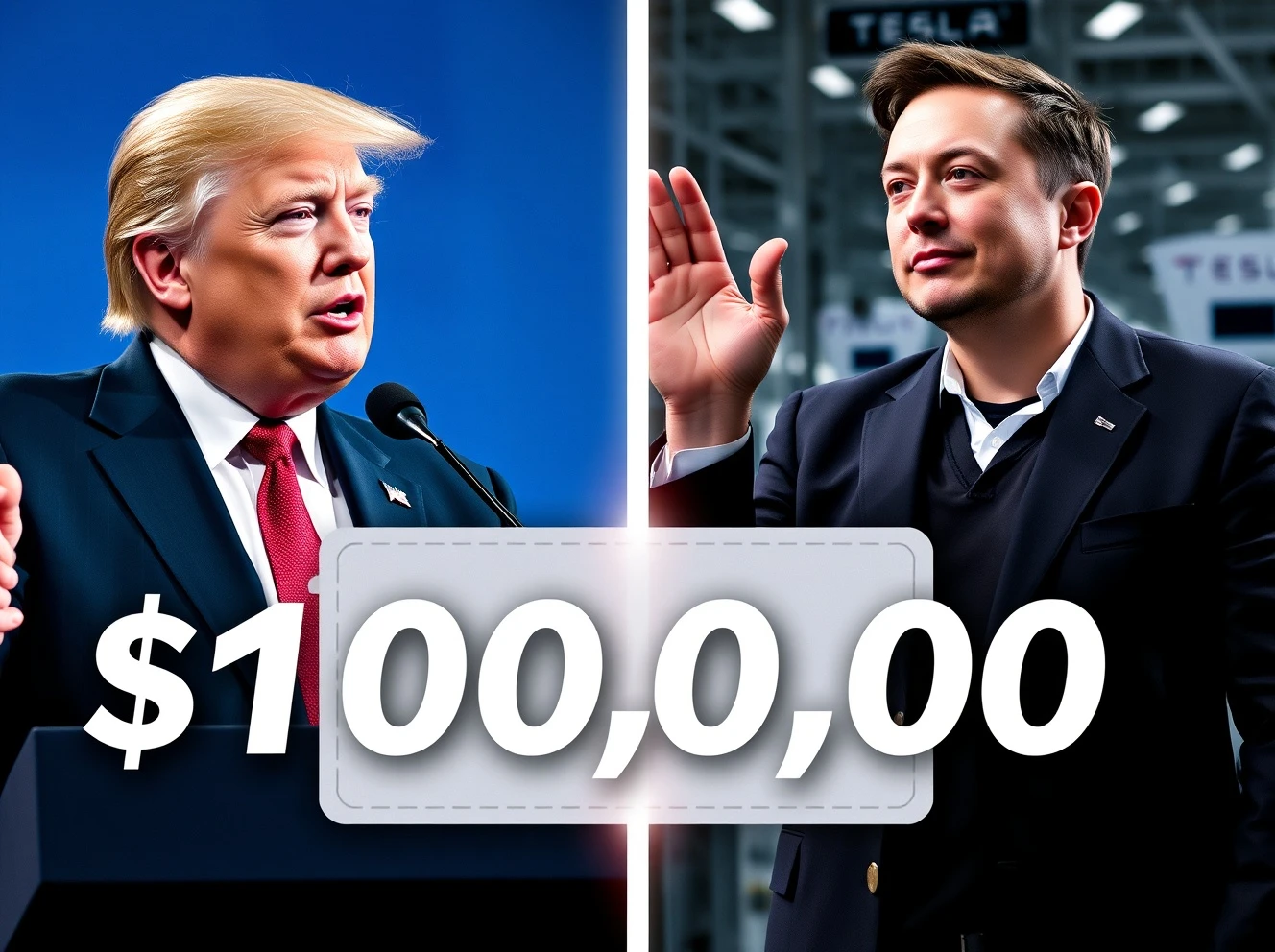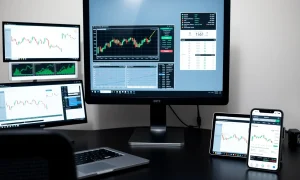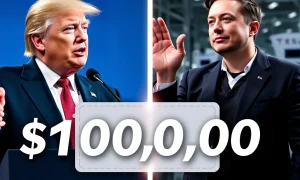President Trump has dramatically escalated his immigration crackdown by imposing a staggering $100,000 fee on new H-1B visa applications, targeting the very program that brought tech titans like Elon Musk and Instagram co-founder Mike Krieger to American soil. This massive fee increase from the current $215 lottery registration fee represents one of the most aggressive moves against foreign tech talent in recent history.
Understanding the H-1B Visa Program Changes
The Trump administration’s proclamation fundamentally alters the economics of hiring foreign specialists. Currently, the H-1B visa program allows U.S. companies to employ foreign workers in specialized fields including:
- Information technology and engineering
- Mathematics and data science
- Medical research and healthcare
- Scientific research and development
The program maintains an annual cap of 65,000 visas plus 20,000 additional visas for foreign graduates with advanced U.S. degrees. However, the new $100,000 fee effectively prices out many employers from participating in the lottery system altogether.
Silicon Valley’s H-1B Visa Success Stories
Ironically, the program now under attack helped create some of America’s most celebrated tech innovations. Elon Musk, who recently defended the H-1B program on his platform X, initially entered the U.S. through this visa category. His vehement December 2023 statement highlighted the program’s critical role: “The reason I’m in America along with so many critical people who built SpaceX, Tesla and hundreds of other companies that made America strong is because of H1B.”
Similarly, Instagram co-founder Mike Krieger utilized an H-1B visa while working at Meebo before launching the photo-sharing platform that Facebook acquired for $1 billion. These success stories underscore the program’s historical importance to American technological leadership.
Administration’s Rationale for H-1B Visa Crackdown
The White House justifies the drastic measure by citing alleged widespread abuse of the H-1B visa program. Administration officials point to concerning statistics:
- IT workforce composition shifted from 32% H-1B holders in 2003 to over 65% today
- Unemployment among computer science graduates reached 6.1%
- Specific companies approved thousands of H-1B workers while cutting U.S. jobs
One unnamed company reportedly received approval for 5,189 H-1B workers this fiscal year while eliminating approximately 16,000 American positions.
Immediate Industry Response to H-1B Visa Changes
Tech giants have already begun implementing contingency plans. Amazon, Google, and Microsoft have advised H-1B visa holders to avoid international travel and remain within the United States. Industry leaders warn that the new fee structure will drive talent to more welcoming countries, potentially undermining American competitiveness in critical technology sectors.
The National Venture Capital Association previously argued that expanding H-1B visas is “fundamental to generating more successful immigrant-founded companies.” They noted that while the visas aren’t ideal for immediate entrepreneurship, they provide crucial work experience and expand the pipeline of potential immigrant founders.
Exemptions and National Security Considerations
The proclamation includes limited flexibility through case-by-case exemptions deemed in the national interest. It also directs the Labor Secretary to revise wage requirements to prevent undercutting American salaries. The administration claims these measures partially address national security concerns while protecting domestic workers.
Future Implications for H-1B Visa Holders
The $100,000 fee creates significant barriers for startups and smaller companies that previously relied on the program to access global talent. For current H-1B visa holders, the changes create uncertainty about extensions and green card applications. The employer-employee requirement already makes it challenging for founders to obtain visas directly, often forcing years of employment before launching startups.
Frequently Asked Questions
What is the new H-1B visa application fee?
The Trump administration has imposed a $100,000 fee for new H-1B visa applications, up from the previous $215 lottery registration fee.
How will this affect current H-1B visa holders?
Current holders should avoid international travel and consult immigration attorneys. The changes primarily affect new applications but may impact extension processes.
Are there any exemptions to the $100,000 fee?
The proclamation allows case-by-case exemptions if deemed in the national interest, though specific criteria remain unclear.
Why is the administration targeting the H-1B program?
Officials cite concerns about program abuse, displacement of American workers, and protecting national security interests.
How have tech companies responded to the changes?
Major companies like Amazon, Google, and Microsoft have advised H-1B employees to remain in the U.S. and avoid international travel during this transition period.
What was the previous cost structure for H-1B visas?
Before this change, employers paid a $215 lottery registration fee plus additional processing and legal fees typically totaling $4,000-$7,000 per application.








